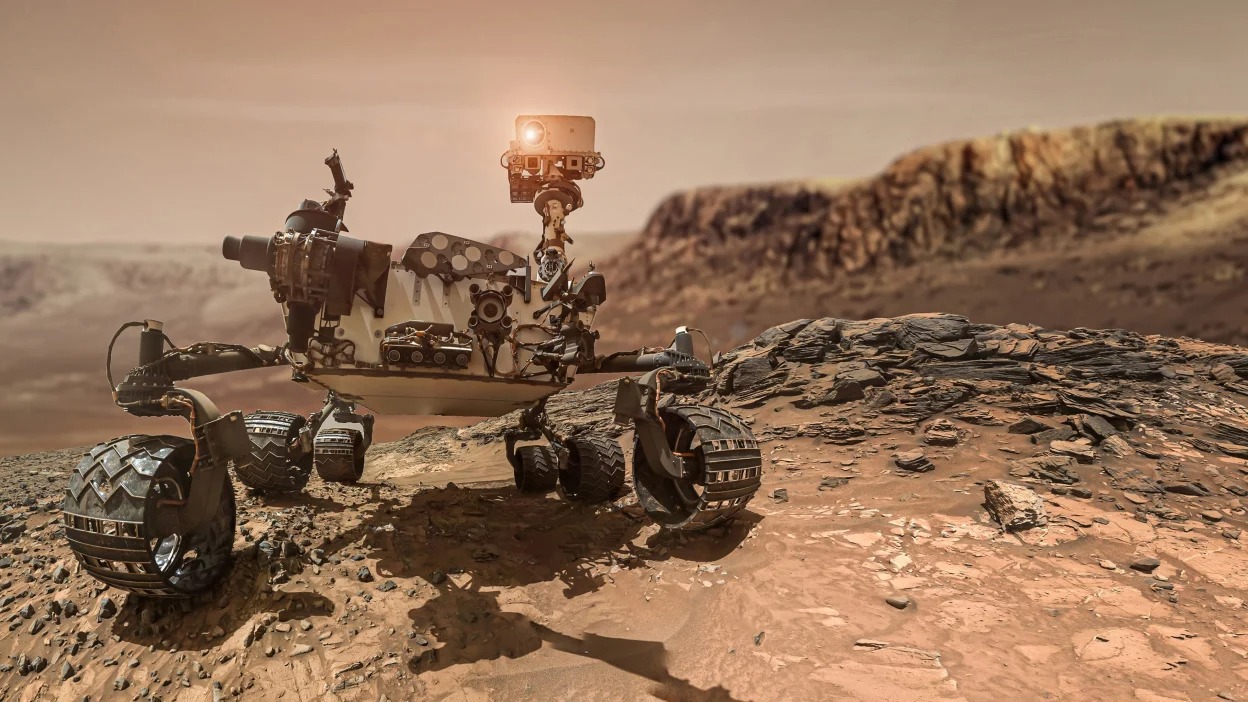For years, researchers have been trying to collect samples from the surface of Mars. Currently, several missions are being carried out to collect the most valuable samples of Martian soil: by the Chinese Zhurong and the Perseverance rover from NASA and ESA. The last even has a special compartment inside to store samples until they are taken to Earth by the next mission, which is still in the planning stage.

However, the question arises from all this: Does collecting samples and transporting them from an alien planet pose a risk to Earth?
Former NASA planetary defense officer Cassie Conley says: “From the very beginning of space exploration, we demanded that any samples from other planets and asteroids be delivered in extremely limited quantities, as well as in the most reliable and sealed tanks. The strictest insulation is required to protect both the samples and the Earth.”
Several groups of scientific experts from the United States and around the world studied the problem of whether samples from Mars could pose a threat to the Earth’s environment. Conclusions of these groups suggest that the materials collected by the Perseverance rover carry a “very low level of danger” for the Earth’s biosphere. Although the danger is “low”, it is wise to remember that it is possible.
Hidden Danger
But this hides another danger: robots and devices from Earth may well take with them terrestrial microbes that can settle on Mars and negatively affect the planet in the future. Scientists are afraid of a biological catastrophe in both cases: infection of the Earth with an unknown virus from Mars and biological infection of the Red Planet with terrestrial bacteria.
In any case, scientific discoveries are always accompanied by risks, even if they turn out to be justified. But we should always be careful and not forget about safety, so that space missions do not accidentally cause a global biological catastrophe.
Follow us on Twitter to get the most interesting space news in time
https://twitter.com/ust_magazine

